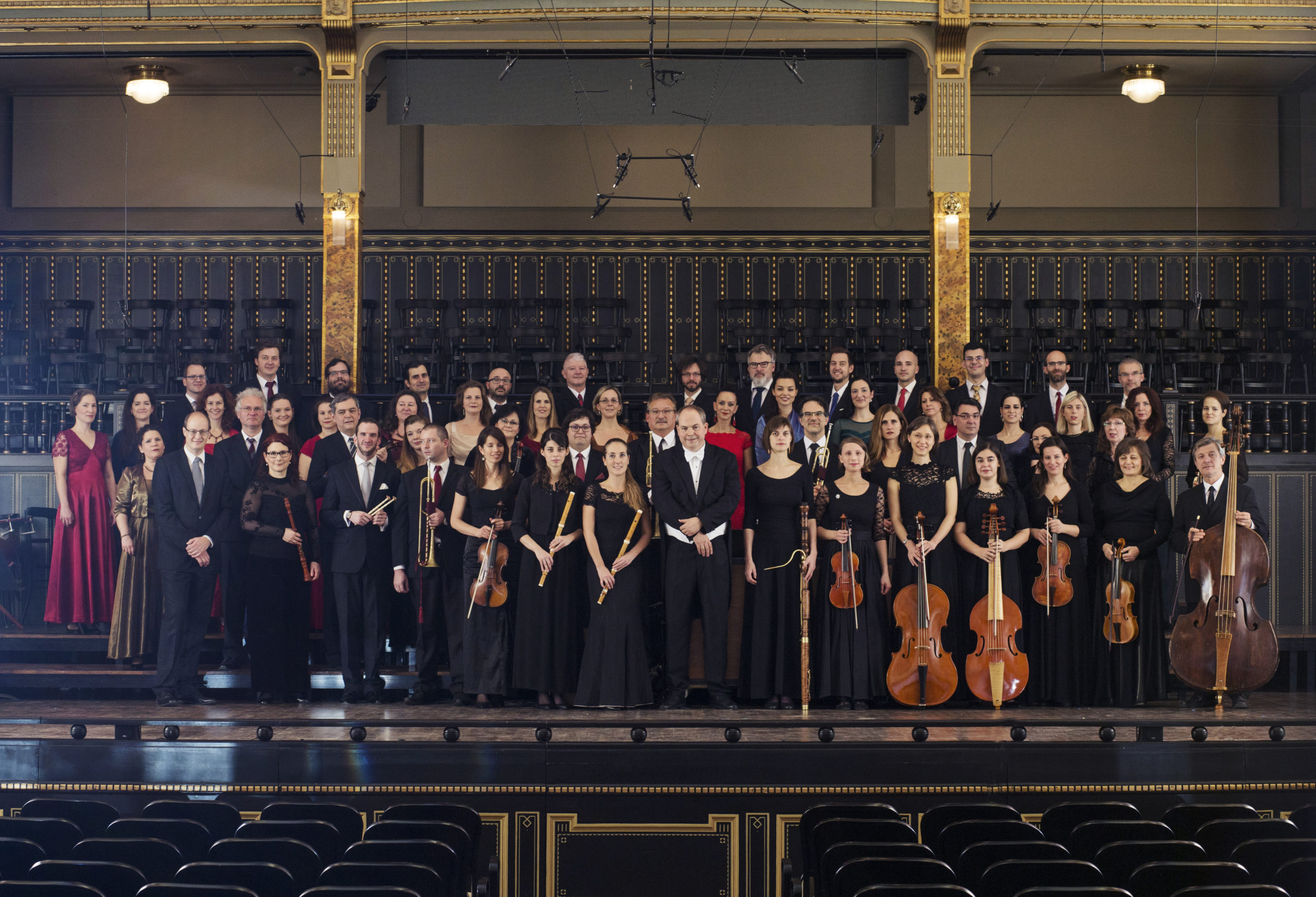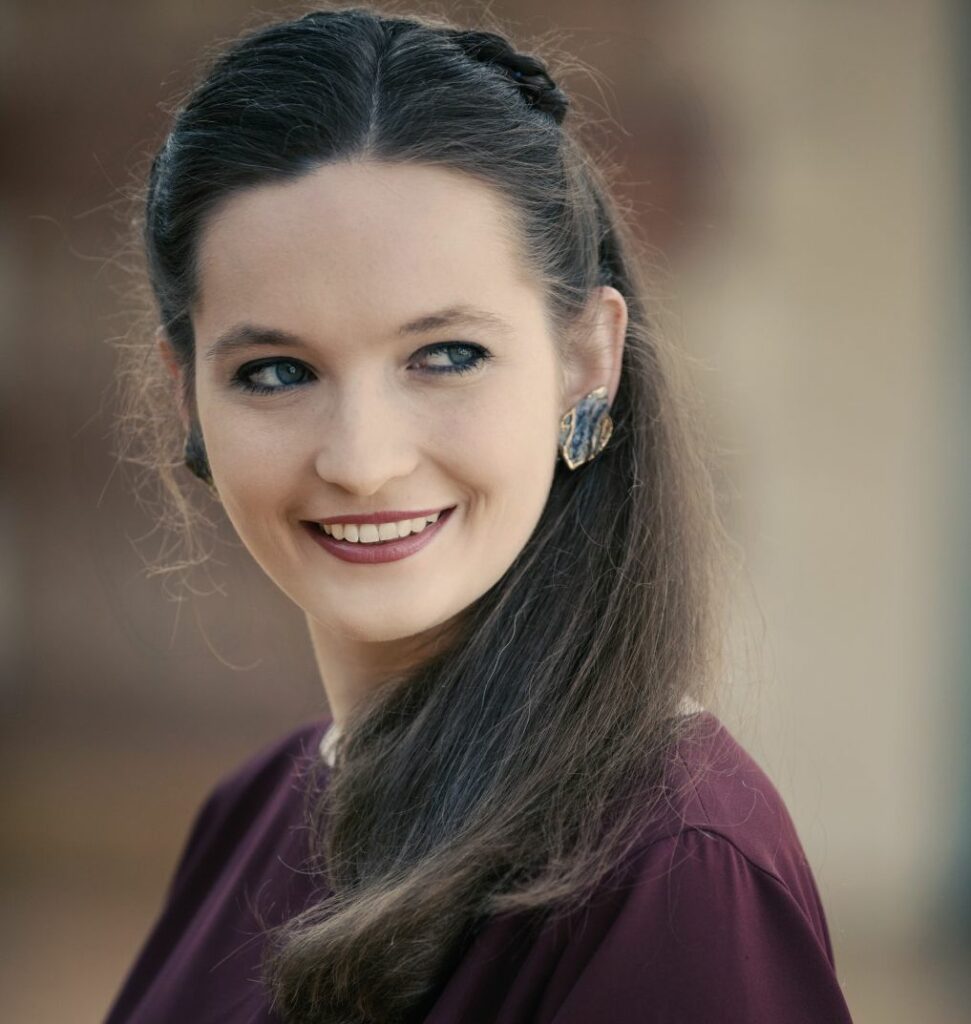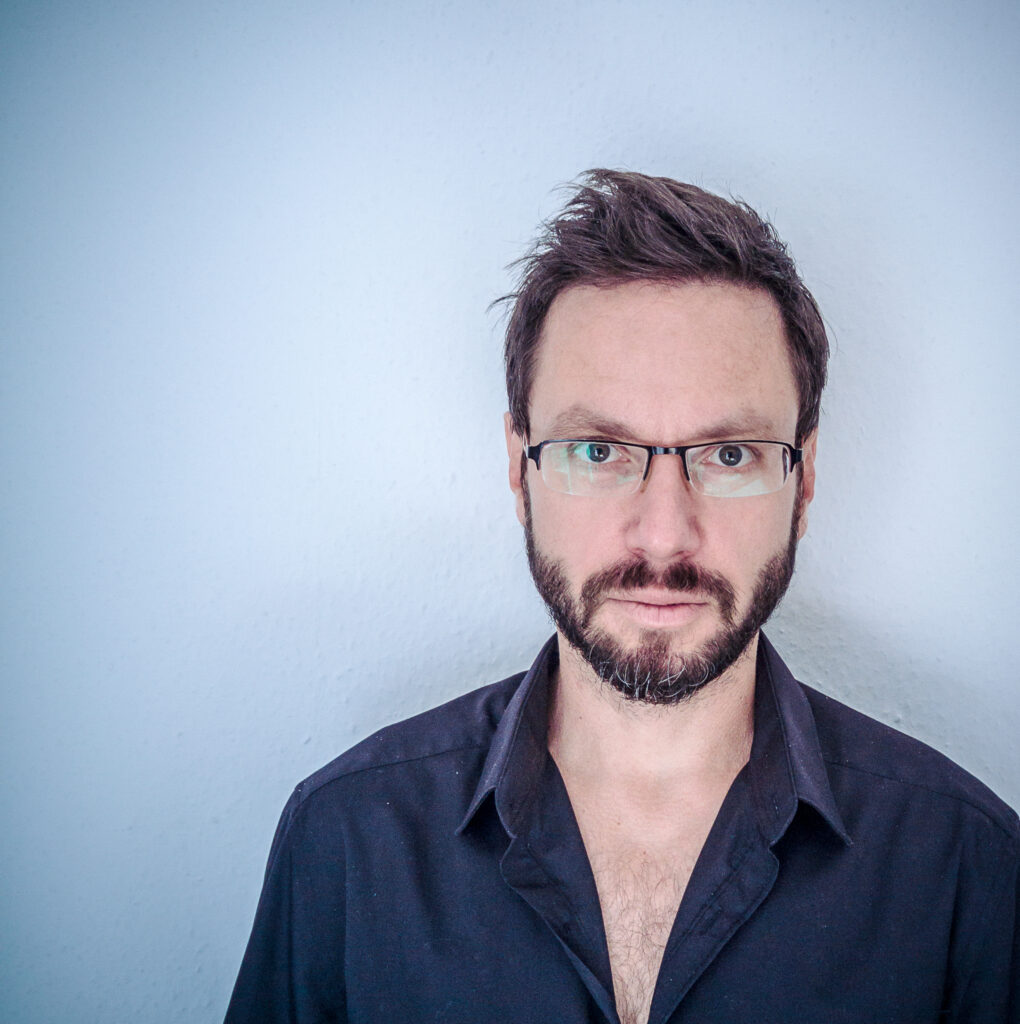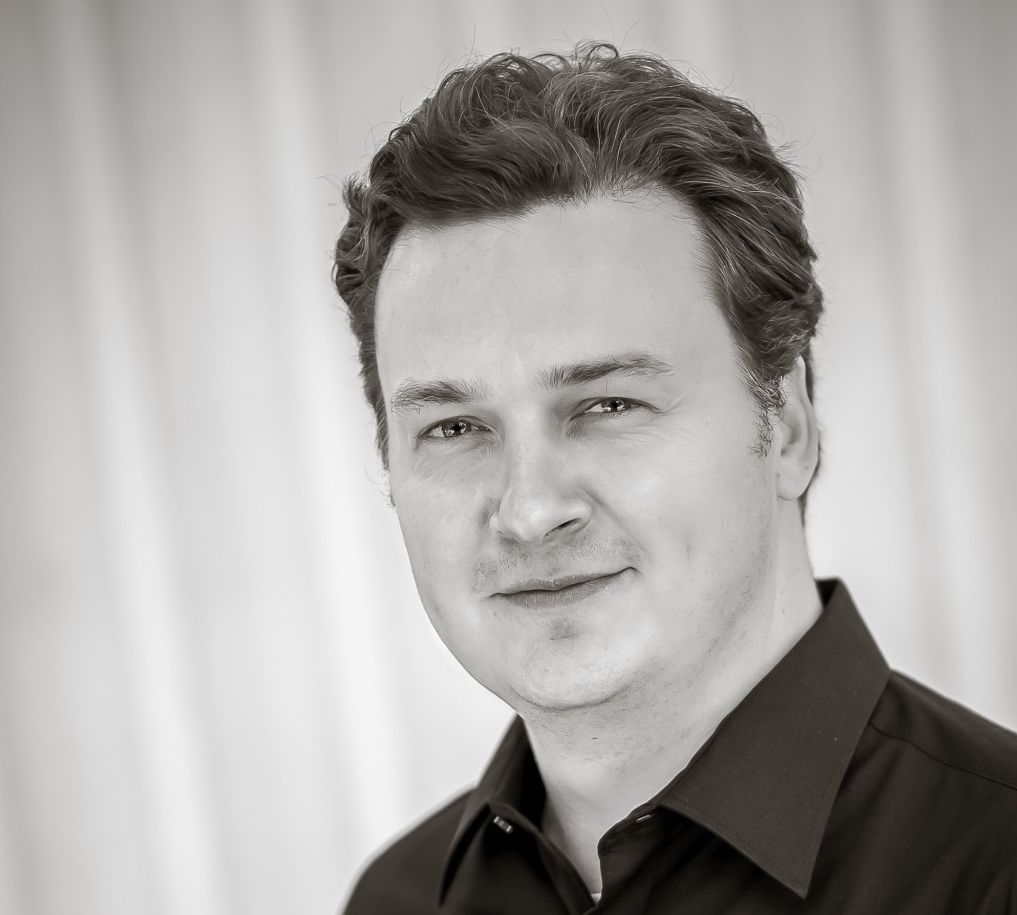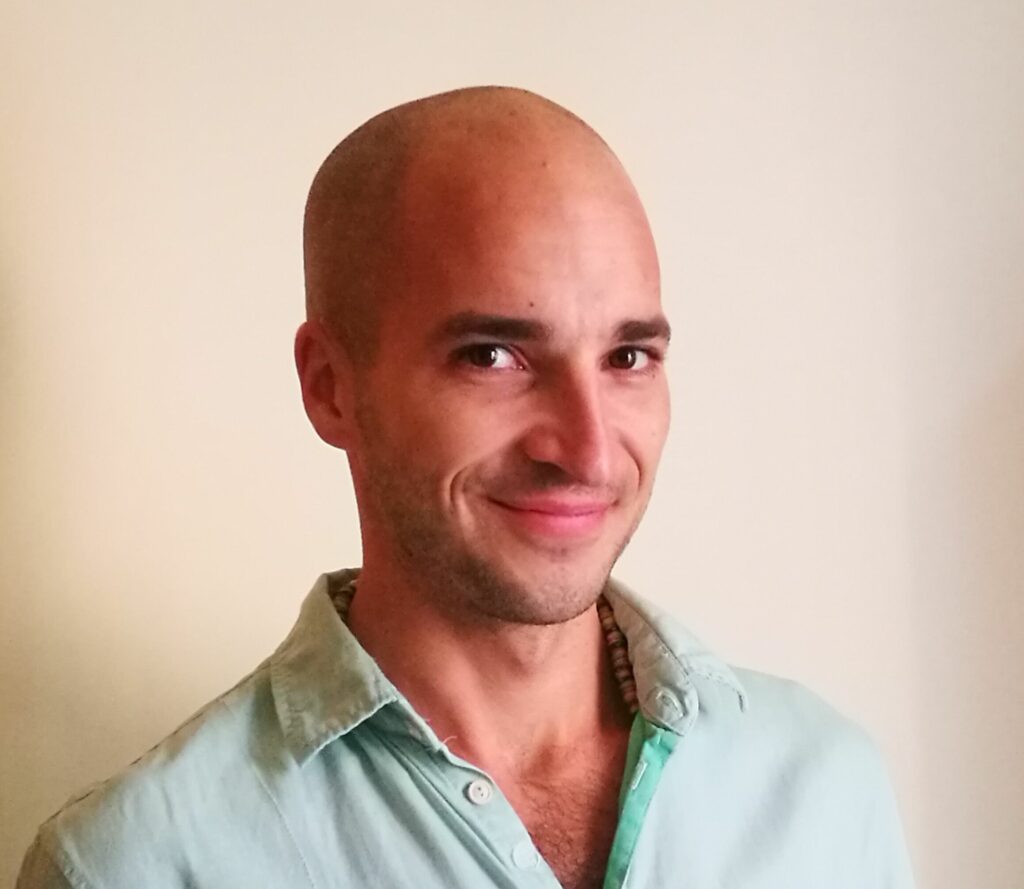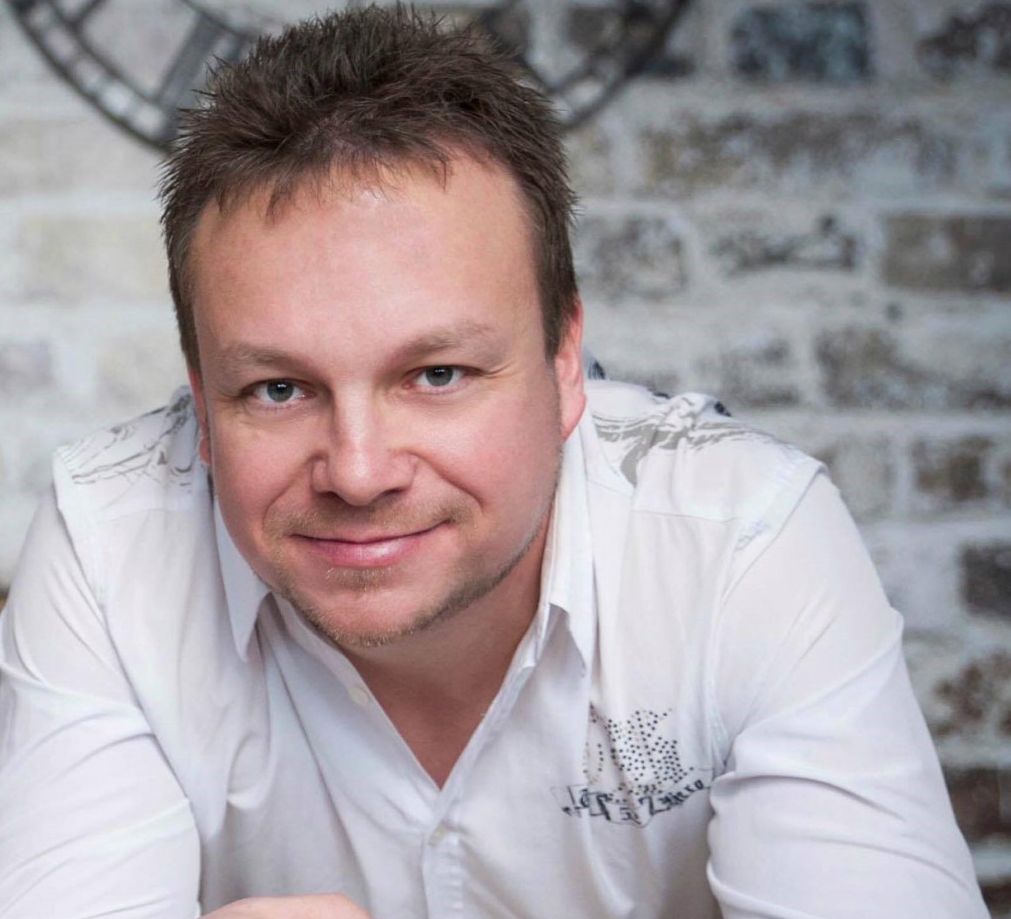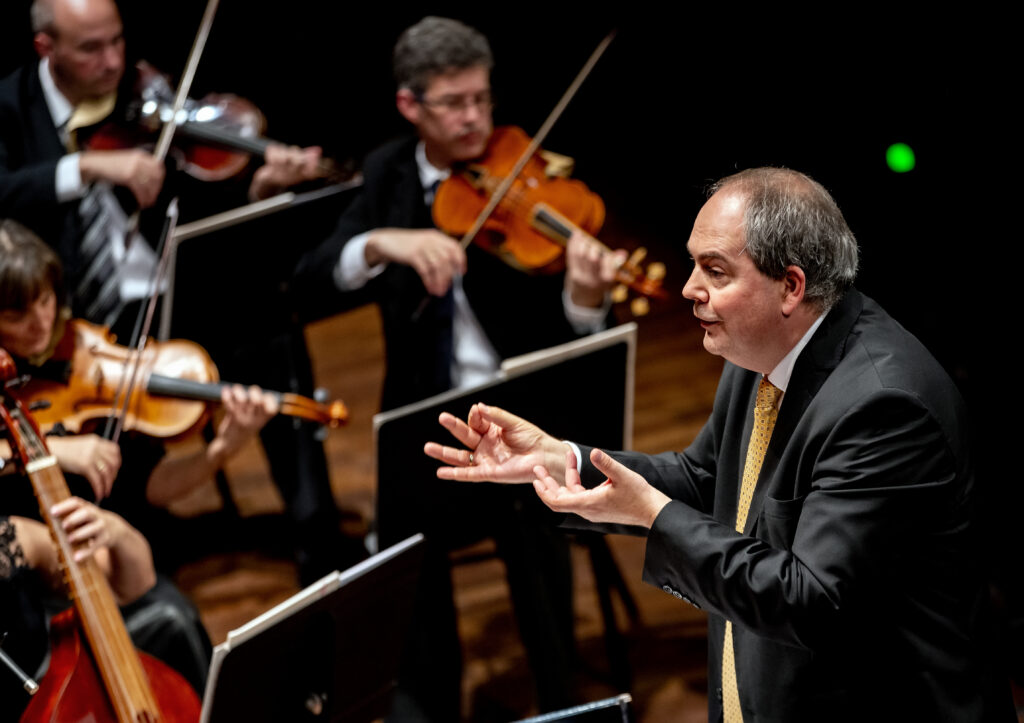Gregor Joseph Werner was born in Ybbs an der Donau, Austria, in 1693, and he died in Eisenstadt (Kismarton) in 1766. In 1728, he was appointed resident musician to the Esterházy princely family, and in this capacity he was predecessor to Joseph Haydn. His compositions for the most part sank into obscurity even though his oeuvre was particularly significant. His composer heritage is a treasure, the discovery of which is considered to be of primary importance by György Vashegyi, artistic director of the resident ensembles of Haydneum: “In effect, Werner is a composer of the same standing as Joseph Haydn, only that he worked in a completely different style – and this is precisely why there is little sense in comparing the two. Werner cultivated one of the late Baroque styles not sufficiently recognized or performed today in the world. (…) I am convinced that in the coming decade, one of the greatest discoveries of all European early music will be the oeuvre of Werner.” (Fidelio) At today’s concert, works will be played from the material of the Esterházy sheet music library of the National Széchényi Library, about which we can reasonably assume that they have not been performed since their creation in the 18th century. Purcell Choir and Orfeo Orchestra founded by György Vashegyi more than three decades ago, and directed by him ever since, who play a leading role in Hungarian period authentic early music interpretation, have by now accumulated enormous experience in the field of the interpretation of Werner’s works.
The soloists, Adriána Kalafszky, Eszter Balogh, Péter Bárány, Márton Komáromi, Ákos Borka and Zoltán Melkovics, regularly participate at the concerts of the choir and orchestra.



